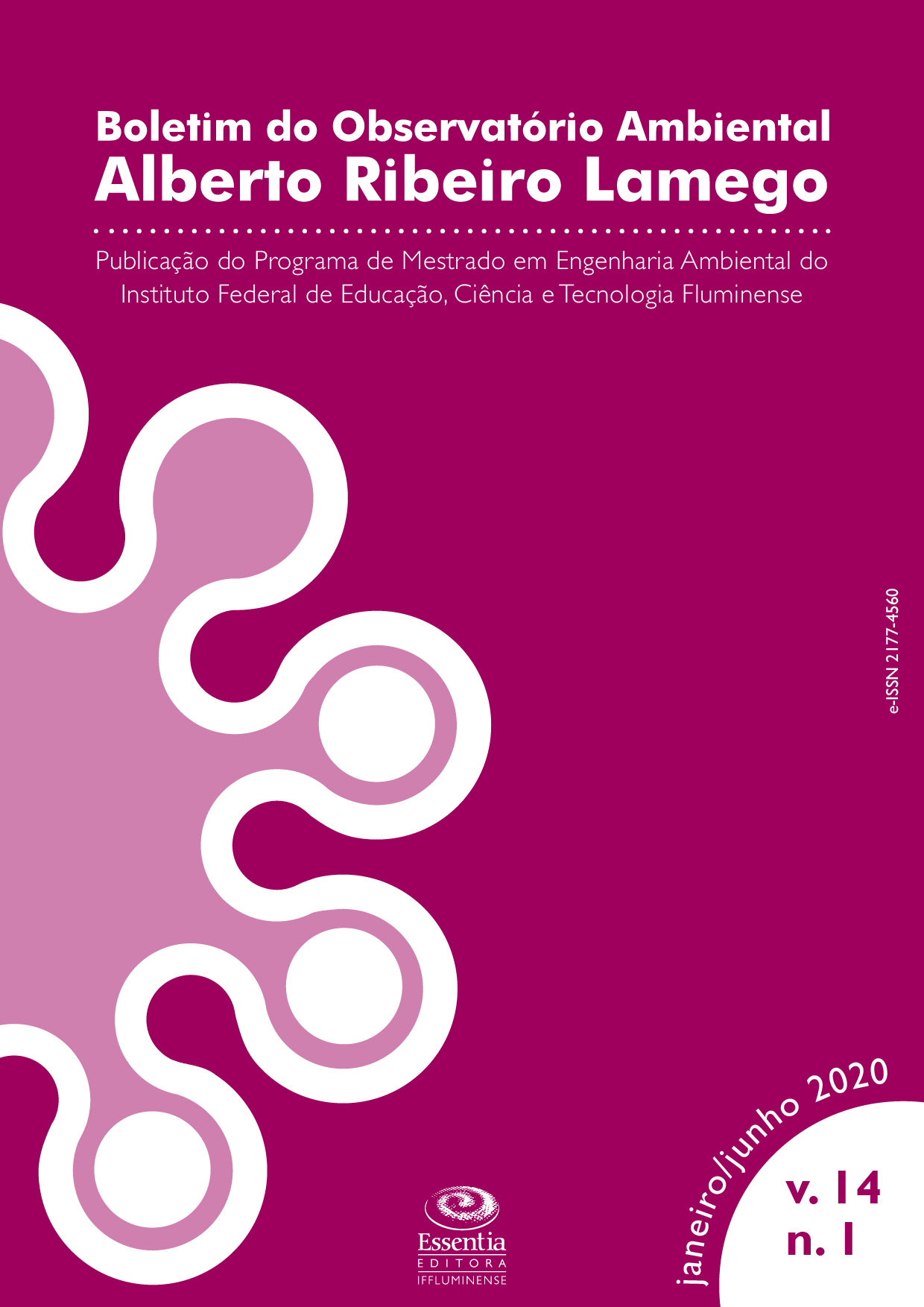Mechanisms for identifying suspected slicks from oil activity in Campos Basin, State of Rio de Janeiro, Brazil
DOI:
https://doi.org/10.19180/2177-4560.v14n12020p40-49Keywords:
Campos basin, Oil, SARAbstract
This article intends to demonstrate to the reader the importance of the use of technologies for identification and decision making during the occurrence of an accidental spill or for operational lack of control from petroleum activities. For such a process it is necessary to fully know or even have an estimate of which environmental factors influence the trajectory and weathering of the oil, since the oceanic environment is dynamic. In locations where oil activity is intensely performed, more routine and assertive actions are required to be implemented. The oil exploration and production area of the Campos Basin in the state of Rio de Janeiro is one of them. This is due to its large population of exploration and production units, as well as the transit of vessels supporting this activity. Added to these factors, the coast of Rio de Janeiro State has tourist and fishing importance. With this scenario, constant vigilance is required. Orbital image analysis with SAR - synthetic aperture radar technology - for feature identifications that may contain oily substances, contribute to effective monitoring and are able to promote better resource utilization when assimilated with other monitoring or combat tools oil pollution.Downloads
Downloads
Published
Issue
Section
License
The authors of the manuscript submitted to Boletim do Observatório Ambiental Alberto Ribeiro Lamego, hereby represented by the corresponding author, agree to the following terms:
The authors retain the copyright and grant Boletim do Observatório Ambiental Alberto Ribeiro Lamego the right of first publication.
At the same time the work is licensed under the Creative Commons Attribution 4.0 International License, allowing third parties to copy and redistribute the material in any medium or format and to remix, transform, and build upon its content for any legal purpose, even commercially, provided the original work is properly cited.
Authors will not receive any material reward for the manuscript and Essentia Editora will make it available online in Open Access mode, through its own system or other databases.
Authors are authorized to enter into additional contracts separately for non-exclusive distribution of the version of the work published in Boletim do Observatório Ambiental Alberto Ribeiro Lamego (eg, publish in institutional repository or as book chapter), with acknowledgment of authorship and initial publication in this journal.
Authors are permitted and encouraged to publish and distribute their work online (eg, in institutional repositories or on their personal page) at any point after the first publication of the article by Boletim do Observatório Ambiental Alberto Ribeiro Lamego.
Essentia Editora may make normative, orthographic and grammatical changes in the originals in order to maintain the standard language, with the final consent of the authors.
The content and opinions expressed in the manuscript are the sole responsibility of the author (s).










1.png)





